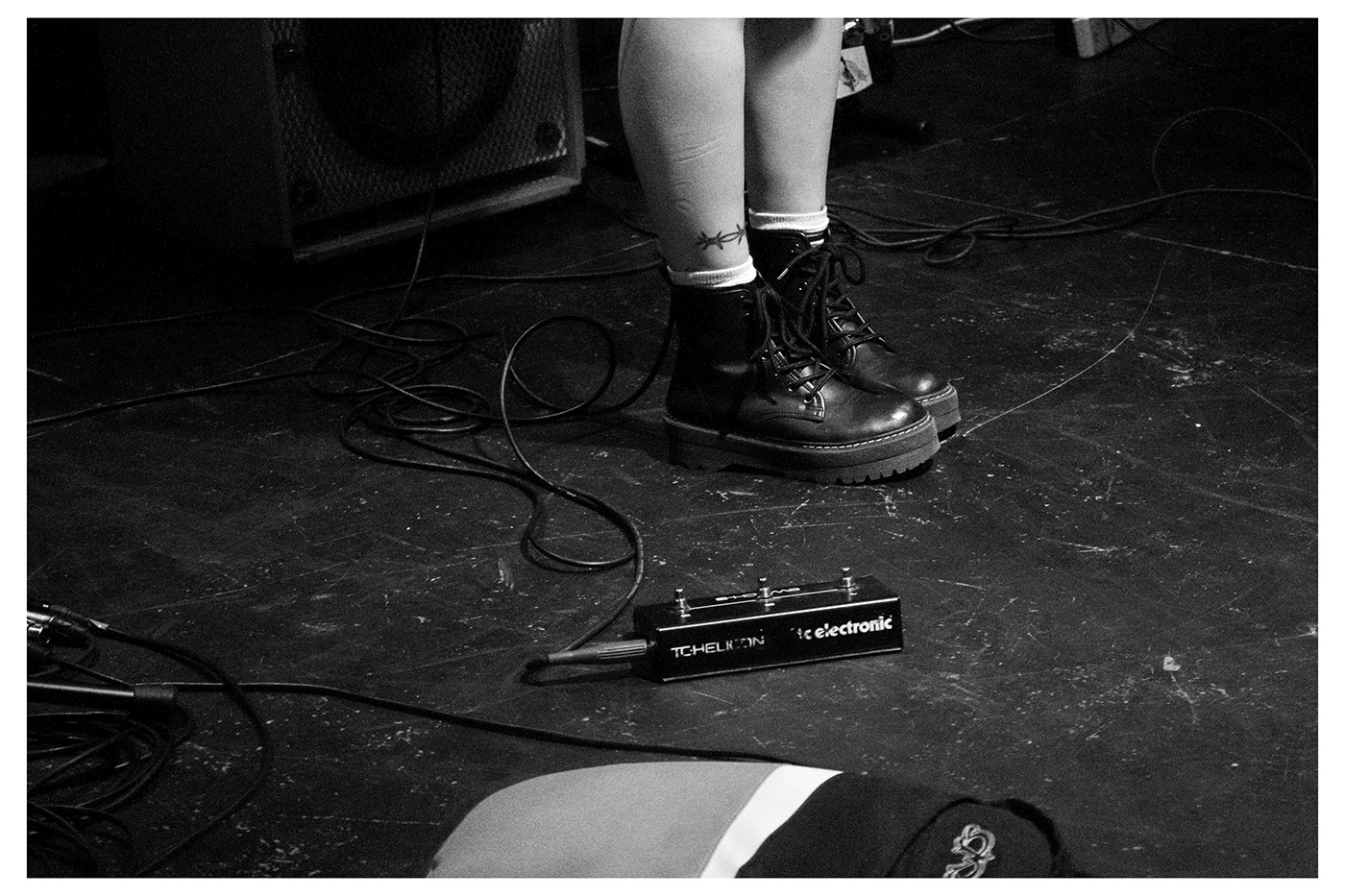Pies En La Cara: The Ultimate Guide To Understanding And Managing Embarrassing Situations
Mar 31 2025
Embarrassing moments happen to everyone, and "pies en la cara" is a Spanish phrase that perfectly captures the essence of these awkward situations. This phrase, which translates to "feet in your face," is a humorous way of describing moments when things go hilariously wrong. If you've ever tripped in public, spilled coffee on yourself, or experienced any other embarrassing incident, you know how it feels to have "pies en la cara." In this article, we will explore the meaning, cultural significance, and strategies to handle these moments with grace and humor.
Embarrassment is a universal human experience, and understanding how to navigate these moments can significantly improve your emotional well-being. Whether you're dealing with personal or professional situations, learning to manage embarrassment can help you maintain confidence and self-esteem. This article will provide you with practical tips and insights to handle "pies en la cara" moments effectively.
We will also delve into the psychological aspects of embarrassment, its impact on social interactions, and how cultural differences influence our perception of these situations. By the end of this article, you will have a comprehensive understanding of "pies en la cara" and how to turn these moments into opportunities for growth and laughter.
Read also:Halloween Party Ideas Unleash The Spooky Fun With These Amazing Themes And Tips
Table of Contents
- The Meaning of Pies En La Cara
- Cultural Significance of Embarrassment
- Psychology Behind Embarrassment
- Common Embarrassing Situations
- How to Manage Embarrassment
- Handling Embarrassment in Professional Settings
- Managing Embarrassment in Personal Life
- Effective Coping Strategies
- Funny Moments and Their Importance
- Conclusion and Final Thoughts
The Meaning of Pies En La Cara
"Pies en la cara" is a colloquial Spanish phrase that humorously describes awkward or embarrassing situations. While the literal translation means "feet in your face," the phrase is used to convey the idea of being caught in an embarrassing or uncomfortable moment. This phrase is often used in everyday conversations to lighten the mood and bring humor to otherwise awkward situations.
Origins of the Phrase
The origins of "pies en la cara" can be traced back to Latin American cultures, where humor and self-deprecation are common coping mechanisms. The phrase reflects the cultural tendency to find humor in life's mishaps and embrace them with a smile. By acknowledging the absurdity of embarrassing moments, individuals can reduce their emotional impact and maintain a positive outlook.
Cultural Significance of Embarrassment
Embarrassment is a universal emotion, but its cultural significance varies across different societies. In some cultures, embarrassment is seen as a sign of humility and respect for social norms, while in others, it is viewed as an opportunity for growth and self-improvement. Understanding the cultural context of embarrassment can help individuals navigate social interactions more effectively.
Cultural Differences in Embarrassment
- In collectivist cultures, embarrassment is often linked to the concept of "saving face" and maintaining social harmony.
- In individualist cultures, embarrassment is seen as a personal experience that can lead to self-reflection and growth.
- Humor is a common coping mechanism in many cultures, helping individuals to diffuse tension and maintain positive relationships.
Psychology Behind Embarrassment
From a psychological perspective, embarrassment is a complex emotion that involves self-consciousness, social evaluation, and emotional regulation. It arises when individuals perceive a discrepancy between their actual behavior and their ideal self or social norms. Understanding the psychological mechanisms behind embarrassment can help individuals develop strategies to manage these emotions effectively.
Impact of Embarrassment on Social Interactions
Embarrassment can significantly impact social interactions, affecting communication, trust, and relationship-building. However, research has shown that acknowledging and addressing embarrassing moments can strengthen social bonds and foster empathy among individuals.
Common Embarrassing Situations
Embarrassing situations can occur in various contexts, ranging from personal life to professional settings. Some common examples include tripping in public, making a mistake during a presentation, or experiencing a wardrobe malfunction. While these moments may feel overwhelming, they are a natural part of life and can be managed with the right approach.
Read also:Discover The Secrets Of Diva Flawless Ass A Comprehensive Guide
Examples of Embarrassing Moments
- Tripping or stumbling in front of a group of people.
- Forgetting someone's name during an introduction.
- Making a typo in an important email.
How to Manage Embarrassment
Managing embarrassment involves developing emotional resilience, practicing self-compassion, and using humor to diffuse tense situations. By adopting these strategies, individuals can transform embarrassing moments into opportunities for growth and learning.
Practical Tips for Handling Embarrassment
- Take a deep breath and acknowledge the situation.
- Use humor to lighten the mood and reduce tension.
- Practice self-compassion and remind yourself that everyone makes mistakes.
Handling Embarrassment in Professional Settings
In professional settings, embarrassment can arise from mistakes, misunderstandings, or miscommunications. Learning to manage these moments effectively is crucial for maintaining confidence and professionalism. By addressing embarrassing situations with grace and humor, individuals can enhance their reputation and build stronger relationships with colleagues and clients.
Strategies for Professional Embarrassment
- Apologize sincerely and take responsibility for mistakes.
- Learn from the experience and implement improvements.
- Maintain a positive attitude and focus on solutions rather than problems.
Managing Embarrassment in Personal Life
In personal life, embarrassing moments can occur in social gatherings, family events, or intimate relationships. Handling these situations with empathy and understanding can strengthen relationships and foster deeper connections. By embracing embarrassing moments with humor and self-compassion, individuals can transform these experiences into opportunities for growth and laughter.
Building Resilience in Personal Relationships
Building resilience involves developing emotional intelligence, practicing active listening, and fostering open communication. By addressing embarrassing moments with empathy and understanding, individuals can strengthen their relationships and build trust with others.
Effective Coping Strategies
Coping with embarrassment requires a combination of emotional regulation, social skills, and cognitive restructuring. By adopting effective coping strategies, individuals can manage embarrassing moments with confidence and grace.
Key Coping Strategies
- Practice mindfulness to stay present and focused.
- Use positive affirmations to boost self-esteem and confidence.
- Seek support from friends, family, or mental health professionals when needed.
Funny Moments and Their Importance
Funny moments can play a significant role in reducing the impact of embarrassing situations. Laughter is a powerful tool for diffusing tension, building rapport, and enhancing emotional well-being. By embracing the humor in embarrassing moments, individuals can transform these experiences into opportunities for joy and connection.
Benefits of Humor in Embarrassing Situations
- Reduces stress and anxiety associated with embarrassing moments.
- Strengthens social bonds and fosters empathy among individuals.
- Enhances emotional resilience and promotes a positive outlook on life.
Conclusion and Final Thoughts
In conclusion, "pies en la cara" represents the universal experience of embarrassment and the importance of embracing these moments with humor and grace. By understanding the psychological and cultural aspects of embarrassment, individuals can develop effective strategies to manage these emotions and transform them into opportunities for growth and laughter.
We encourage readers to share their embarrassing moments in the comments section and explore other articles on our website for more insights on emotional well-being and personal development. Remember, life is full of unexpected twists and turns, and embracing them with humor and resilience can lead to a more fulfilling and joyful existence.
For further reading, we recommend the following sources:
- National Institutes of Health
- American Psychological Association
- United Nations Educational, Scientific and Cultural Organization


